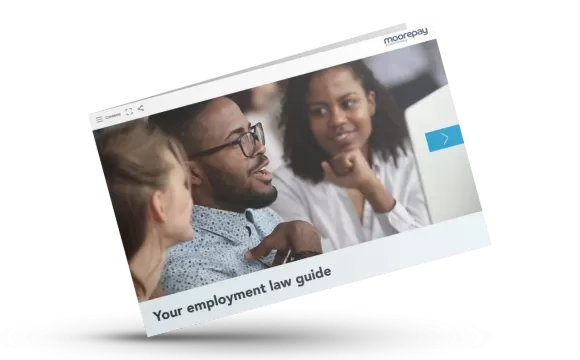Are you at risk if staff drive their own cars on business?

During the fuel panic of 2021, we all became used to squeezing the last few fumes from the tank as we scurried round in the desperate hunt for petrol or diesel.
With queues snaking round the block and many petrol stations running out completely, it was tempting to ask that lucky member of staff with a full tank to make a business trip for you in their own car.
Is there a risk?
Well, yes, actually there is. In certain circumstances you can be held responsible for damage or injury they cause. Your organisation may also attract bad publicity. Using your own car on your employer’s business is a perfectly reasonable expectation. HMRC even provides guidance to avoid tax implications.
But there’s a fundamental difference between someone driving to and from work (a domestic journey) and visiting a client or making a delivery on your behalf. The latter would certainly require the vehicle to be insured for business purposes. If you allow a member of staff to undertake such a journey without checking, they may effectively be uninsured, and you may become liable.
Vicarious liability
Have you heard of vicarious liability? It’s when an employer can be sued by a third party for negligent or wrongful acts committed by their employees in the course of employment.
Say your employee crashes and injures someone while making your delivery, they may have unthinkingly committed a criminal offence by technically being uninsured. But, if the injured party is advised that you also had a duty of care towards them, they may pursue you for compensation claiming you have vicarious liability.
Such situations don’t happen often, but we have known clients suffer that particular misfortune. What’s more, their own liability insurance may be null and void if they didn’t take all appropriate steps to ensure the business journey could, legitimately, be undertaken.
What checks should you carry out when employees use their own vehicle on business?
Do you confirm whether they have a valid driving licence? Is their car taxed? And, if it’s three years old, does it have an MOT certificate? How frequently, if ever, do you verify all this? Now that we don’t have paper tax discs and driving licences, just how do you do so? Do you have authority from the member of staff to check?
Let’s say someone attends your sales conference but has an accident on the way back. There are injuries so the police breathalyse them, and they’re found still to be over the legal limit. Of course, they should have ensured they were safe to drive. But might your organisation also attract adverse publicity? Could they be unable to continue in their current role without a driving licence?
You need to be diligent in ensuring that anyone you allow to drive on your behalf is appropriately qualified, insured and their vehicle is taxed and roadworthy. A good starting point is a signed agreement with the individual that all of the above apply. It’s also sensible to evidence all this and to verify it periodically – especially should they change their vehicle or insurer.
You may also want to point out what may seem obvious – that they shouldn’t break the law when driving on your behalf. No hand-held mobile phones. No drink or drugs. If a conviction could put their employment at risk, you should make this clear.
Moorepay can provide its HR clients with model documentation to regulate circumstances just like this. For those who aren’t yet our customers, you can click here to find out more about Moorepay’s HR services.





